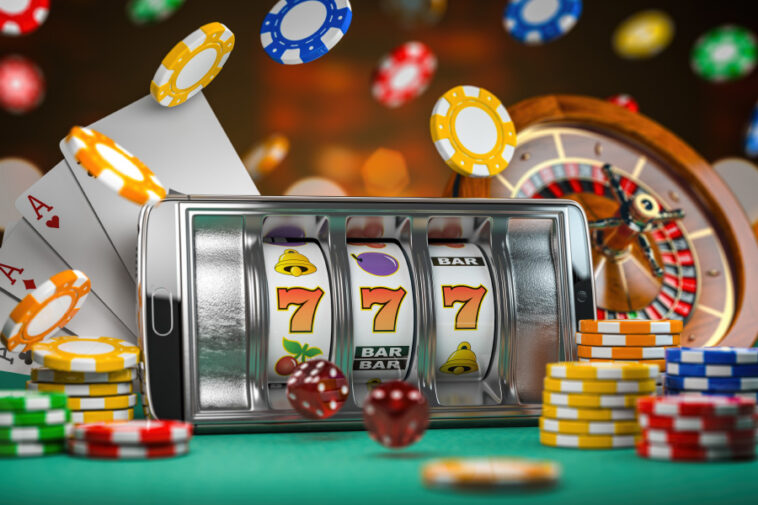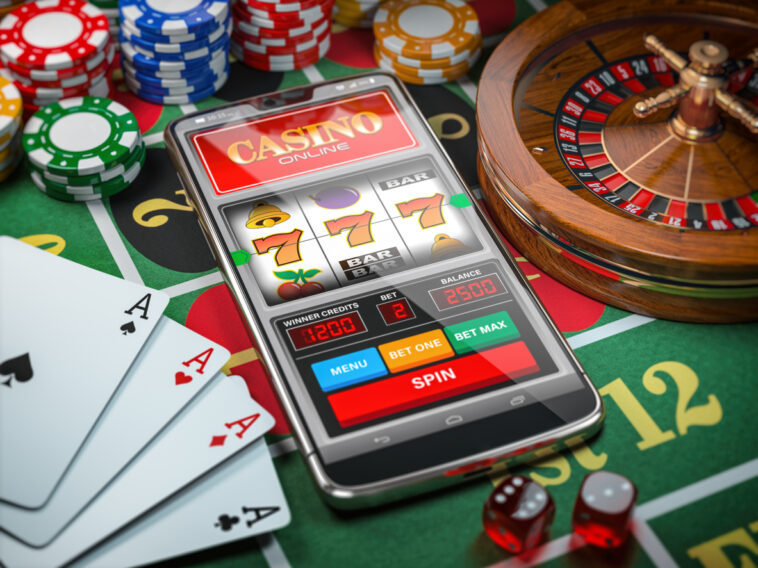The relationship between personality and gambling preferences is a fascinating subject that touches on psychology, sociology, and even neurology. This article delves into how individual personality traits influence the type of wagering activities people are drawn to, the intensity of their gambling behavior, and the potential risks associated with these preferences.
The Psychology of Gambling

Gambling, at its core, is an activity fraught with uncertainty and risk. It taps into the human desire for excitement, the thrill of the unknown, and the allure of potential reward, much like the dynamic environment of live casinos. However, not everyone responds to wagering in the same way. This variance can largely be attributed to differences in personality. Personality influences our perceptions, actions, and decision-making processes, making it a significant factor in determining gambling preferences.
The Role of Personality Traits

The Five Factor Model, which categorizes personality traits into five broad dimensions—Openness, Conscientiousness, Extraversion, Agreeableness, and Neuroticism (OCEAN)—provides a useful framework for understanding this connection.
Openness: Individuals high in openness are characterized by their appreciation for adventure, creativity, and variety of experience. These traits might lead them to prefer forms of gambling that are more varied and less predictable, such as sports betting or complex live games that require a level of skill and strategy.
Conscientiousness: Conscientious individuals are generally more disciplined, organized, and cautious. They are less likely to engage in high-risk wagering behaviors and might prefer more structured gambling activities where they can use their strategic skills, such as poker or blackjack.

Extraversion: Extraverts are outgoing, energetic, and sociable. They are drawn to activities that provide social interaction and high stimulation. Thus, extraverts might prefer lively casino environments or group betting activities that offer not just the thrill of gambling but also the opportunity for social engagement.
Agreeableness: Agreeable individuals are compassionate, cooperative, and value harmony in their relationships. Their wagering preferences may lean towards activities that are perceived as less aggressive and more communal, perhaps bingo or lottery groups, where the competitive aspect is downplayed.
Neuroticism: Individuals with high levels of neuroticism are more prone to experiencing negative emotions like anxiety and depression. They might be drawn to gambling as a form of escape or to manage these feelings, potentially leading to riskier wagering behaviors.
Sensation Seeking and Impulsivity

Aside from the OCEAN model traits, sensation seeking and impulsivity are key in shaping gambling behaviors. Sensation seekers gravitate towards thrilling, high-stakes games like slot machines for instant excitement, while impulsive people may make hasty bets without thought to the outcomes due to a lack of self-control.
The Risk of Problem Gambling
Recognizing the connection between personality traits and wageringpreferences is key for pinpointing those at risk for problem gambling. High neuroticism and low conscientiousness, for example, may elevate this risk, while individuals with strong impulsivity might struggle to control excessive gambling urges.
Conclusion
The complex link between personality traits and gambling choices highlights the importance of a tailored approach to regulating wagering, preventing addiction, and treating wagering disorders. Recognizing the variety in gambling habits and their psychological roots enables the creation of more targeted strategies for encouraging safe wagering practices and offering help to vulnerable individuals.




